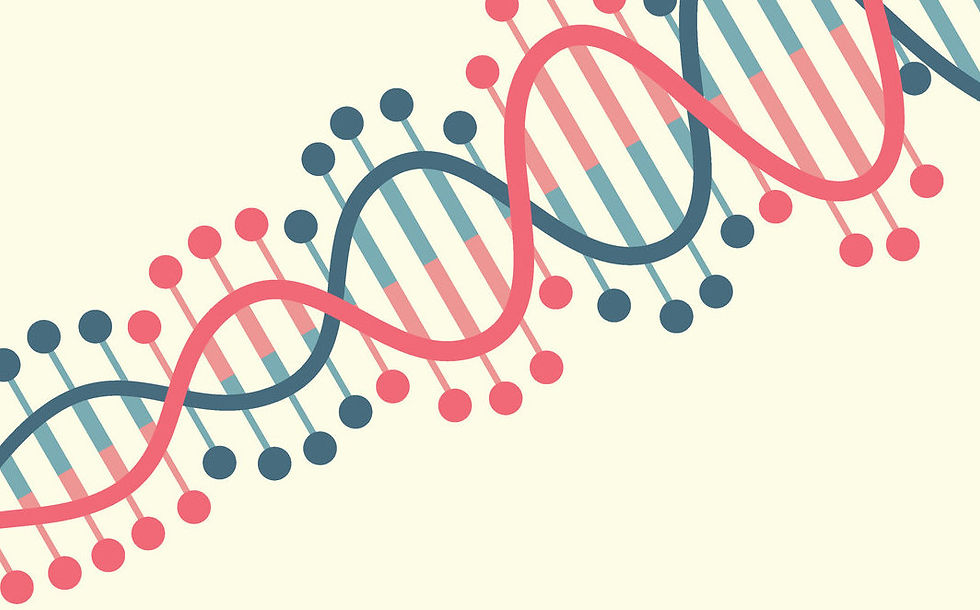Cracking how your knuckles crack
- May 18, 2020
- 2 min read
Everyone of us has at some point of time cracked our knuckles. Bending the fingers at the joints, forward or backward, produces a 'POP' sound. If you try cracking your knuckles again immediately, there will be no sound.
So what is the reason for that 'POP' sound and why can't the knuckles be re-popped immediately?

At rest, our finger joints are very close to each other. The space between them is filled with a liquid called synovial fluid that keeps the joint lubricated. When you apply force on your finger during knuckle cracking, the joints separate rapidly and gases dissolved in the synovial fluid (carbon dioxide, oxygen, nitrogen) are released as bubbles. Several of these bubbles form larger bubbles (called cavitation bubbles) which then collapse partly and you hear the sharp sound.

The gases need to be reabsorbed into the synovial fluid in order for enough new bubbles to form in the next cracking round. As a result, it can take up-to 20 minutes (refractory time) for you to be able to crack your knuckles again.
As much as we are warned to not crack our knuckles, there is no scientific evidence yet to suggest that it can cause much harm especially not arthritis. An American doctor, Donald Unger, cracked the knuckles of his left hand - and not right hand - for 50 years and did not get arthritis in either hand. He even won the 2009 Ig Nobel prize - awarded for research that is funny as well as informative - for his absolutely cracking experiment.
Sources and further reading:
Image: Two handprints by Suvidha Mistry, for मेरी उँगलियाँ मेरे हाथ written by Vinita Krishna, published by Pratham Books (©Pratham Books, 2010) under a CC BY 4.0 license on StoryWeaver. Read, create and translate stories for free on www.storyweaver.org.in
Why Does Cracking Your Knuckles Make So Much Noise? Science Finally Has an Answer (https://time.com/5220275/knuckles-crack-science-why-reason/)
Crack Research: Good news about knuckle cracking (https://www.scientificamerican.com/article/crack-research/)
Improbable Research: Ig Nobel Prize winners (https://www.improbable.com/ig-about/winners/)
Real-Time Visualization of Joint Cavitation (https://journals.plos.org/plosone/article/file?id=10.1371/journal.pone.0119470&type=printable)
A Mathematical Model for the Sounds Produced by Knuckle Cracking (https://www.nature.com/articles/s41598-018-22664-4#Sec7)




Comments